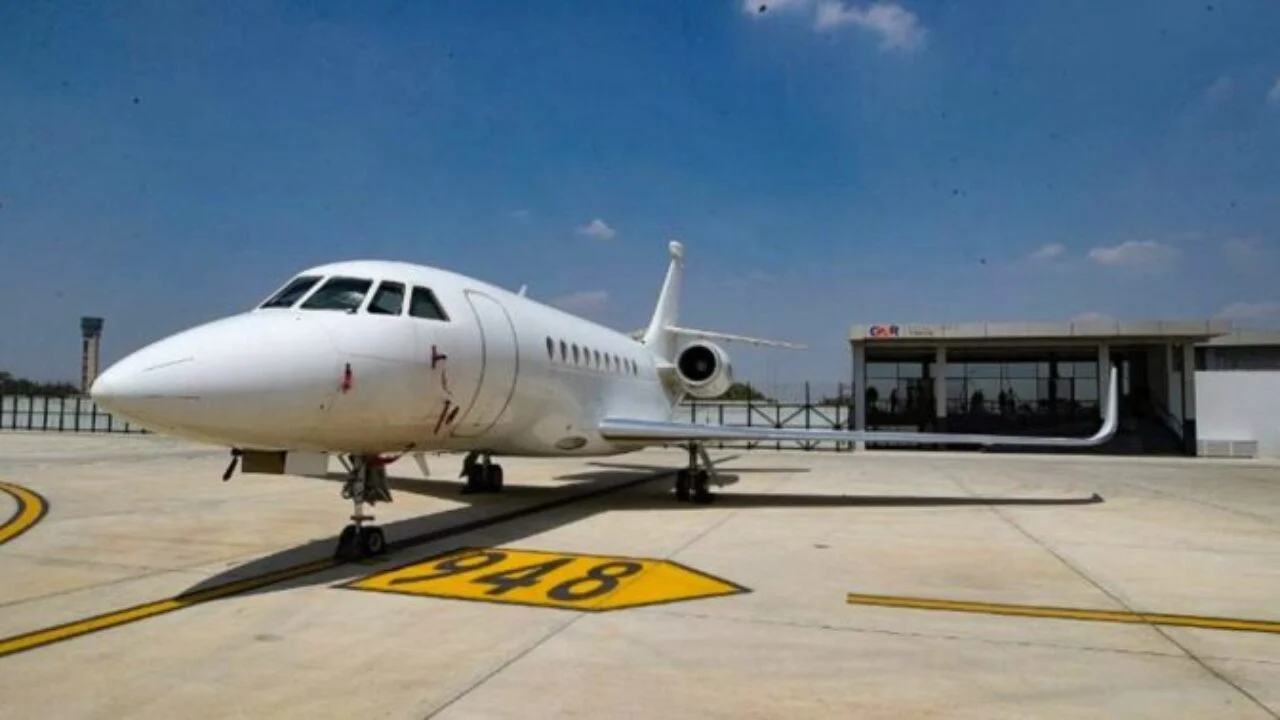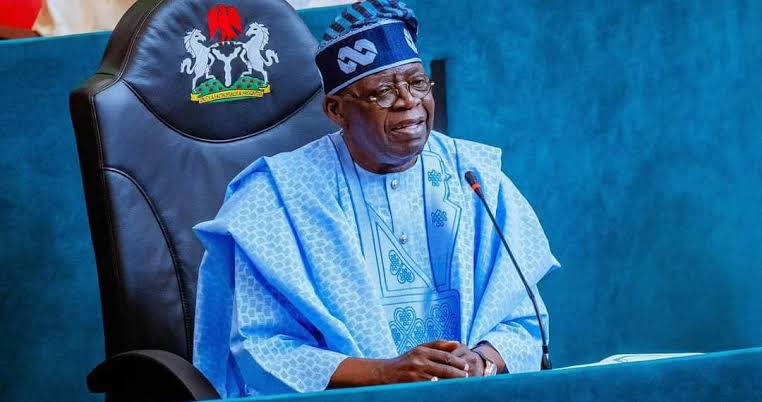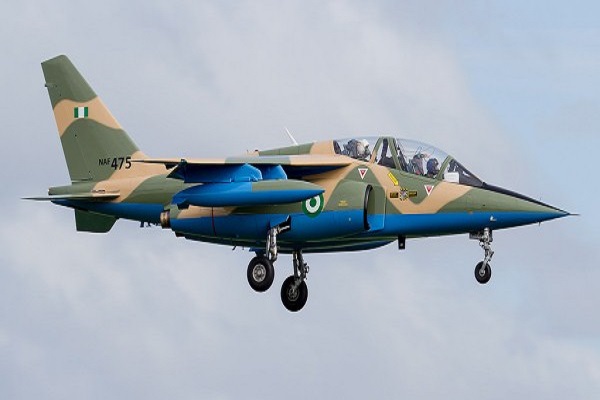The Federal Government, through the Nigerian Customs Service, has launched a new effort to crack down on individuals who have improperly imported private jets into the country.
At least 80 private jet operators are expected to present their aircraft import documents for verification at the Customs headquarters in Abuja.
The special aircraft import verification exercise, which begins on Wednesday and will last for 30 days, aims to identify improperly imported private aircraft without documentation and ensure proper imports and maximum revenue collection.
According to a public notice issued by Customs, owners and operators of private jets must come with relevant documents, including the aircraft Certificate of Registration, the Nigerian Civil Aviation Authority’s Flight Operation Compliance Certificate, NCAA’s Maintenance Compliance Certificate, NCAA’s Permit for Non-Commercial Flights, and Temporary Import Permit (if applicable).
The move comes over a year after the Federal Government suspended a similar action. In the past three years, the government has sought to recover import duty running into billions of naira from private jet operators who used technical loopholes to evade payment.
Some owners paid the mandatory import duty after the Customs took steps to recover the revenue, but many have yet to pay.
Many private aircraft operators have allegedly exploited technical loopholes to fraudulently obtain Temporary Import Permits instead of paying import duty.
The permits can be extended indefinitely, prompting Customs to effect past clampdowns. The new exercise is expected to lead to the payment of mandatory import duty, with non-compliant aircraft operators facing grounded jets.
Importers of private jets must pay five per cent of the jet’s value as import duty. However, some owners prefer not to pay, citing the high cost of private jets. Instead, they obtain Temporary Import Permits under the guise that the aircraft is in the country temporarily.
The new Customs leadership appears poised to ensure all operators pay the import duty, which could generate close to N100bn in unpaid import duty, depending on the exchange rate.
However, it is unclear if operators will cooperate, as some have gone to court to stop the government from collecting the revenue.




